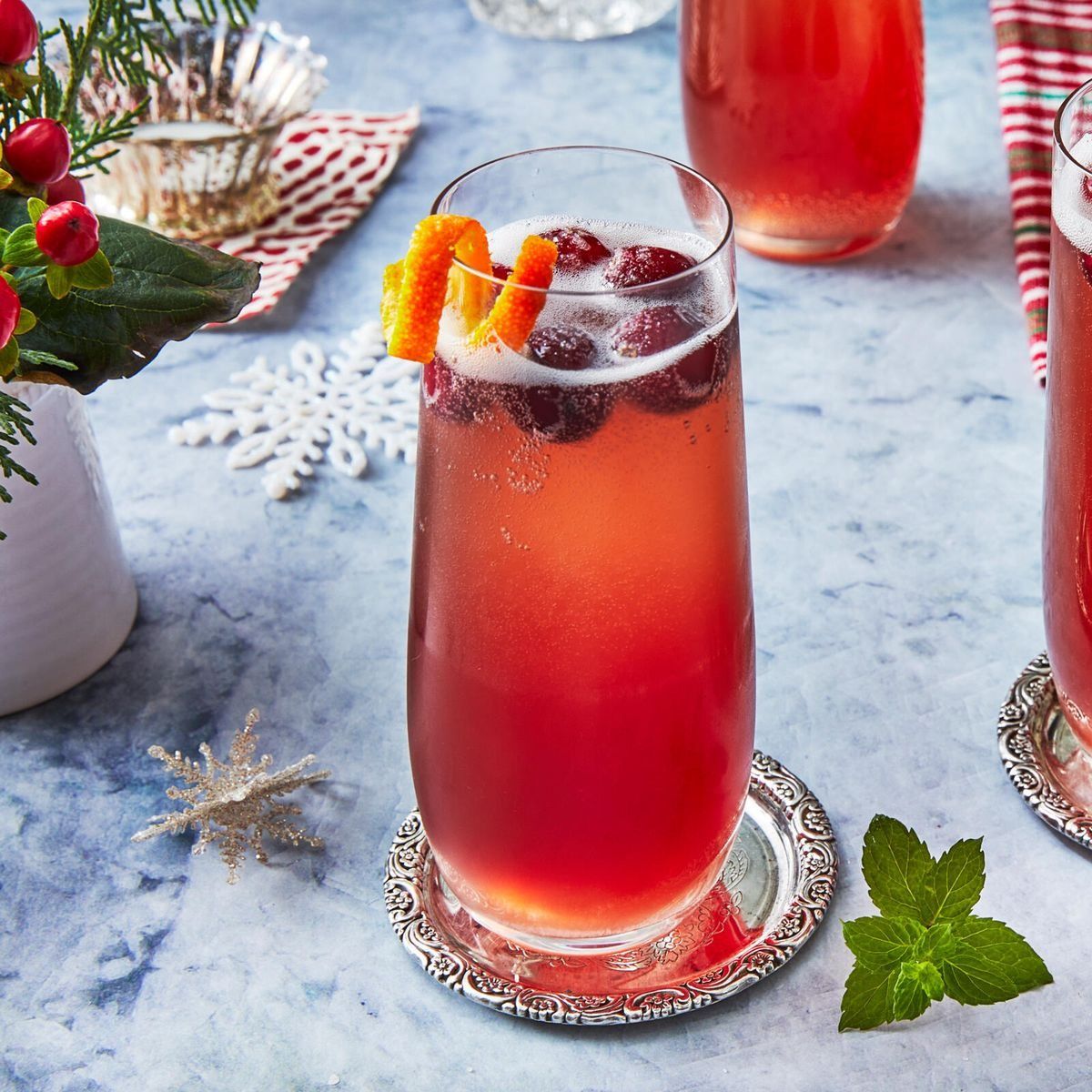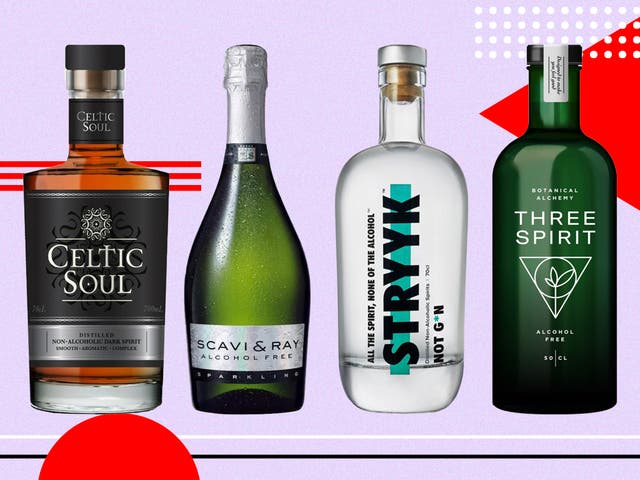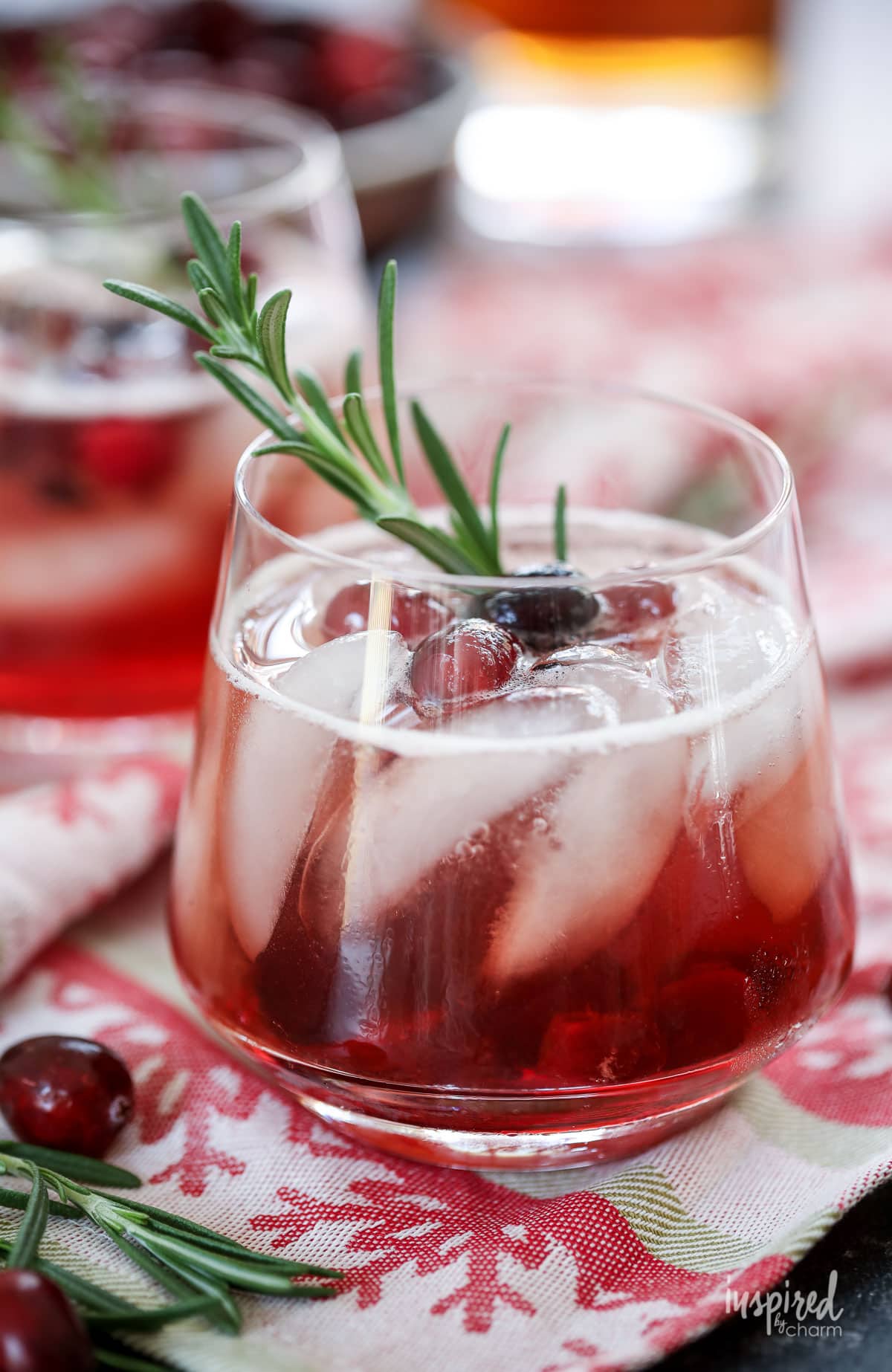
You don't have to be a current licensee, but you should understand how the process works. The Vermont Department of Liquor and Lottery oversees enforcement of the state's alcohol and tobacco regulations. The agency issues liquor licences to individuals as well as businesses. The agency also sells distilled spirits as well as regulated alcoholic beverages via its stores. The Department's enforcement division works with other law enforcement agencies to prevent the misuse or abuse of alcohol. To protect the public, its office collaborates closely with other law enforcement agencies.
To get a liquor licence, you will first need to apply for a third class license. This license allows establishments to sell wine, spirits, or beer. You can apply for a Third Class License directly with DLC. To apply for a Third Class License, you will need to complete the application and send it to DLC. If you intend to amend your license, you'll need to include this information. It is also necessary to indicate if you plan to attend a seminar about liquor licensees.

DLC offers an in house training program for liquor licensees. This program is designed for licensees who want to sell alcohol. It has been used successfully by 6,000 Vermont employees. DLC recently hired an independent consultant to evaluate all the materials that were available for the program. The consultant interviewed 29 licensees to provide recommendations on improving the educational services.
The Vermont Department of Liquor and Lottery has a YouTube channel for videos that are central to the department's training program. These videos have been seen more than 5,000 time since May 2020. The videos were created by DLC staff and an advertising agency based in Vermont. These videos are available now for download via USB drives. These videos have been used by Department of Health to train people who sell tobacco.
A licensee enforcement seminar is offered by the Vermont Department of Liquor Control. It is mandatory for all holders of a first, third, or second class license. This seminar is only required every two years. The seminar is a two-hour class and is intended to help licensees identify situations that may lead to alcohol violations. It also teaches licensees how to intervene when necessary in social situations.
Independent consultants were recently hired by Vermont's Department of Liquor & Lottery in order to evaluate the educational content of its alcohol seller training program. The consultant interviewed 29 licensurees and made recommendations for improvements in educational services. The consultant also reviewed all documentation used for the program. The consultant also reviewed programs for training from other control jurisdictions.

DLC offers a program that helps individuals who are tobacco sellers in addition to its alcohol server training program. This program is also tailored to students in universities. You can also access it through eLearning modules. DLC has updated its handouts and other training materials to provide a more uniform look across all its materials.
FAQ
What's the difference in a blender and a shaker, you ask?
Shakers can be made from different metals and come in many sizes. Blenders are made from plastic and come in a range of shapes.
What happens to a drink if it contains too many ingredients?
When adding too many ingredients to your drink, you will dilute the flavors. This means that some original flavors may disappear.
How long does it take to make a batch of homemade frozen cocktails?
It all depends on how many cocktails are being made. For example, making 12 cocktails will take you 20 minutes. It will take 40 minutes if you make 24 cocktails.
What kind of glasses should you buy?
You should choose glasses that can hold at most 4oz (118ml) of liquid. Glasses larger in volume than this can cause glasses to heat up and possibly burn your eyes.
What purpose is a shot glasses used for?
Shot glasses can be used to pour shots of liquor. These glasses can be used for measuring 1/2 ounce, 1/4 or 1/8 ounces of liquor.
Statistics
- According to a post on Quora, the average bartender can make upward of 140 drinks per hour. (gloworder.com)
- with a light percentage of 4.2% or any with a light percentage of 4.2% or any Coors/Bud/Miller Lite, which also is 4.2% (breakingtheboredom.com)
- It is customary to leave a tip of 10-20% of the bill total. (boguesounddistillery.com)
- The tequila should be 100 percent agave, not the cheaper “mixto” products, which blend a minimum of 51 percent agave with other sugars. (cooking.nytimes.com)
External Links
How To
How to make a martini that is good
A martini consists of gin (or vodka), vermouth and ice. Mix all ingredients together before serving. It is typically served in chilled glasses. You should serve a proper martini straight up without adding anything. Mixing it can ruin the flavor.
A martini can be served with two olives. You can also put some olive brine on the rim of the glass if you want to give your drink extra flavor.
You can use any type of alcohol, but it's best to use 100% grain alcohol like Vodka or Gin. This gives the cocktail a smoother texture. Although there are many vermouths on the market, we recommend one that does not contain any added sugar. Too much sugar makes cocktails too sweet.
To start making a martini, pour 2 ounces of dry vermouth into a shaker filled with ice. Add 1 ounce vodka. Add 1 ounce vodka to the mixture and shake vigorously. Place in a chilled martini glasses and garnish with an olive.
You can make a martini by using the shaker. Follow these steps. You don't need to shake the mixture much, just enough to combine the ingredients.